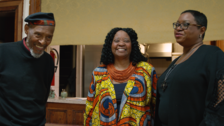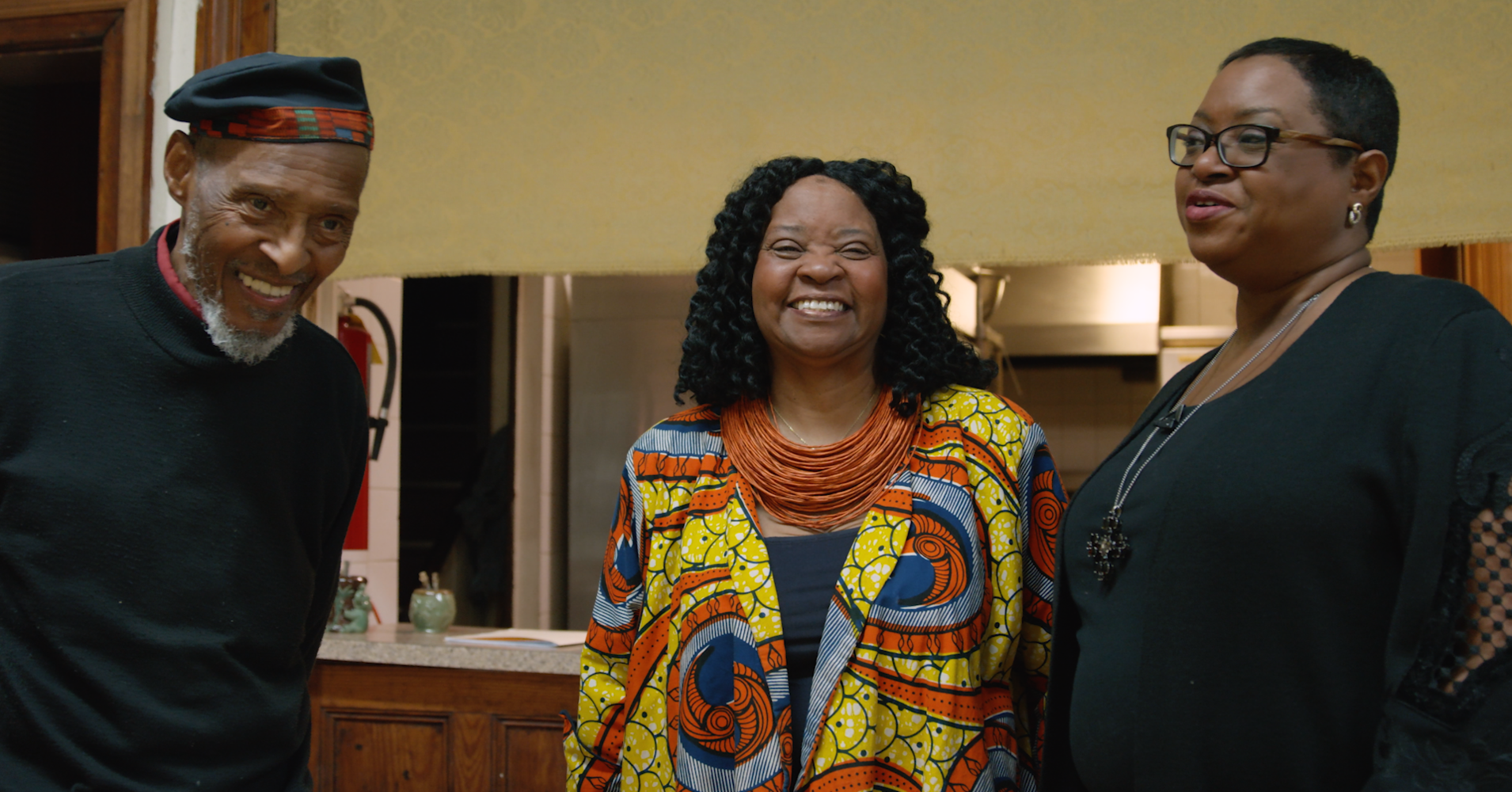[ad_1]

Dinnertime rules at the Daughtry house were clear. Gospel, even. No adult or child, no matter how young, had permission to leave the dining table until the day’s political news had been thoroughly digested. And in the Brooklyn household of Revs. Herbert and Karen Daughtry, two prominent black activists from the ’60s to the present day, there was a lot of politics to get through.
Karen Daughtry, reflecting on how those dinners helped shape their children, said they “sat through all of the discussions that [her husband] and I were having. I think that out of that soil, there came a hunger at a young age which took root.”
Their eldest, Leah Daughtry, would go on to become a prominent political figure whose posts have included serving as CEO of two Democratic National Conventions, as well as a reverend in her own right.
“They grew up with an inquisitiveness,” Karen Daughtry said, pointing to the walls of the Hose of the Lord Church in Brooklyn where her husband serves as presiding minister. On display are many figures of black activism, including the late Stokely Carmichael, Rep. John Lewis (D-Ga.) and Harry Belafonte, who flocked to the Daughtrys’ church over the years.
This kind of parenting — in which children were seen as an integral part of the civil rights movement and considered as intellectually capable as adults — was mirrored in the activist roles that Karen Daughtry herself took on. Just as women were beginning to break out of the domestic roles expected of them in the ’60s and ’70s, she chaired the organization Sisters Against South African Apartheid.
Indeed, as some of the earliest voices speaking out against apartheid in the ’70s, the Daughtry family forged a political path that each member described to me as “lonely.”
“To give your life for a cause, to build a better world, to bring people together, to give your life for your family’s future, is, in one sense, lonely, and often agonizing,” Herbert Daughtry said. “But on the other side, there’s a deep fulfillment that my life is committed to a cause to make the world better for all people.”
When he was arrested for civil disobedience at a rally pushing for freedom for the then imprisoned South African leader Nelson Mandela that he organized in 1986 outside the South African Mission in Manhattan, it was a family affair.
“Everybody went to jail. You know, I told them that we all going to jail together, so Leah is a jailbird,” he said, a glint in his eye as he recalled the memory.
Not long after Mandela was freed a few years later, the Daughtry family welcomed him to New York, having championed his cause from afar. His wife Winnie Mandela, a fellow political powerhouse, visited the family’s church to thank them for the work they had done outside of South Africa to raise awareness of apartheid.
“It was just a singular moment in my life to just see this woman who was so bigger than life, now standing as close as you and I are,” Leah Daughtry reminisced as we talked in her parents’ church.
She said people such as Winnie Mandela, Betty Shabazz (the widow of Malcolm X) and her own mother were powerful forces in Leah’s life: They proved to her that women could inhabit far more than the domestic tropes familiar during her childhood. As often as they were taking care of children or cooking meals, the women in Leah Daughtry’s life were organizing marches and speaking at rallies.
“I grew up with an idea that woman could do anything — could be anything. That there weren’t any limits on my possibilities,” she said. “So it was very confusing for me when I entered the regular world.”
When she did enter that world as a political operative, she became one of the most prominent women of color in Democratic politics. She helped shape Rev. Jesse Jackson’s 1984 presidential campaign, and then supervised the party’s 2008 and 2016 national conventions in ’08 and ’16. And yet, she still gravitates toward the church she was raised in, which continues to champion civil rights and protests acts of injustice, like the killing of Trayvon Martin.
“This is where I’m most myself,” she said.
[ad_2]
Source link

